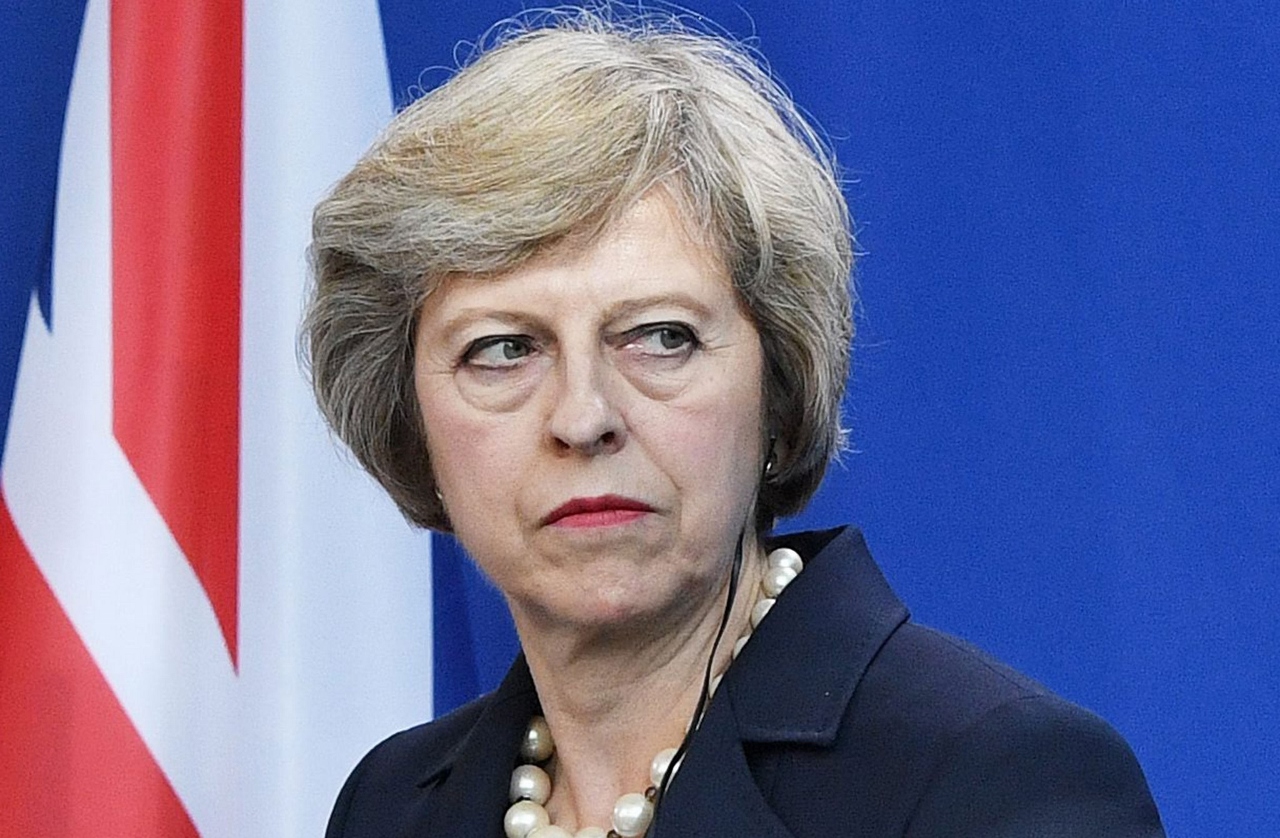Boom of multi-generational households as youngsters return to live with family
As house prices in the UK have risen by 52 per cent from 2005-15, there has been a whopping 46 per cent increase in multi-family households.
In the same period, 32 per cent of young people aged between 21 and 34 have moved back home in order to save for a deposit, according to a report by Aviva insurance.
Aviva suggests that based on the rate of growth seen in the past 10 years – and assuming house prices will continue to rise – there could be 2.2 million people living in multi-family households and 3.8 million 21-34s living with their parents by 2025.
However, rather than being a negative trend, two in three people currently in this living situation say the benefits far outweigh the disadvantages, according to Aviva’s inaugural ‘Home’ report which focuses on the changing face of UK households.
Some of the benefits include; always having someone around for company, living costs are cheaper when shared, household jobs and chores can be split, living in a bigger family makes it feel more ‘like home’ and the positive feeling from being able to look after other family members.
Affordability of housing appears to play a huge role in people’s decision to stay living with family or moving back in with them.
When asked about situations when they might consider this living arrangement for six months or more, saving for a house deposit was the second most common reason given, beaten only by caring for an unwell relative.
The question remains: if the widening gulf between salaries and house prices continues, is it a freely made decision for children to move back home, or a forced one?














